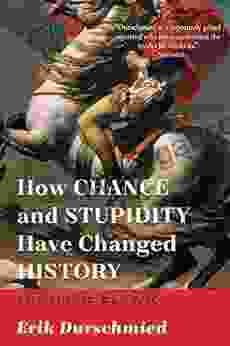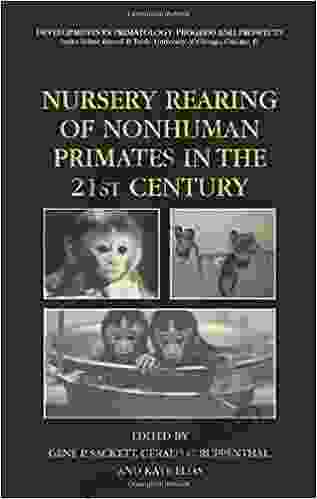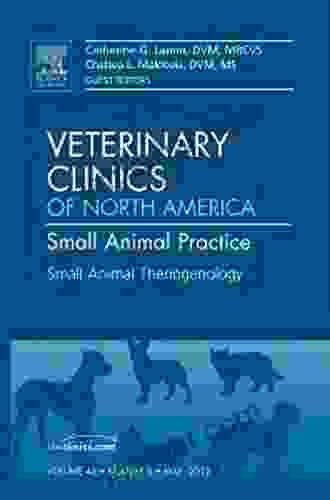Nursery Rearing Of Nonhuman Primates In The 21st Century: Developments In

Nursery rearing is the practice of removing infant nonhuman primates from their mothers and raising them in a controlled environment. This practice has been used for decades in research settings, and more recently, in zoos and sanctuaries. Nursery rearing can provide a number of benefits for both the infants and the mothers, but it also comes with some challenges.
5 out of 5
| Language | : | English |
| File size | : | 7315 KB |
| Text-to-Speech | : | Enabled |
| Screen Reader | : | Supported |
| Print length | : | 634 pages |
Benefits Of Nursery Rearing
There are a number of benefits to nursery rearing nonhuman primates. These benefits include:
*
*
*
Challenges Of Nursery Rearing
There are also some challenges associated with nursery rearing nonhuman primates. These challenges include:
*
*
*
Ethical Considerations
There are a number of ethical considerations that must be taken into account when deciding whether or not to nursery rear a nonhuman primate. These considerations include:
*
*
*
Collaboration Between Researchers And Practitioners
Collaboration between researchers and practitioners is essential to ensure the best possible outcomes for nursery-reared primates. Researchers can provide practitioners with the latest scientific knowledge about the development and care of nonhuman primates. Practitioners can provide researchers with feedback on the practical challenges of nursery rearing. By working together, researchers and practitioners can develop best practices for nursery rearing that will benefit both the infants and the mothers.
Nursery rearing of nonhuman primates is a complex issue with both benefits and challenges. It is important to carefully weigh the benefits and risks before making a decision about whether or not to nursery rear a nonhuman primate. If nursery rearing is done for legitimate scientific or conservation purposes, and if the welfare of the infant and the mother is taken into account, it can be a valuable tool for improving the lives of nonhuman primates.
5 out of 5
| Language | : | English |
| File size | : | 7315 KB |
| Text-to-Speech | : | Enabled |
| Screen Reader | : | Supported |
| Print length | : | 634 pages |
Do you want to contribute by writing guest posts on this blog?
Please contact us and send us a resume of previous articles that you have written.
 Book
Book Novel
Novel Page
Page Chapter
Chapter Text
Text Story
Story Genre
Genre Reader
Reader Library
Library Paperback
Paperback E-book
E-book Magazine
Magazine Newspaper
Newspaper Paragraph
Paragraph Sentence
Sentence Bookmark
Bookmark Shelf
Shelf Glossary
Glossary Bibliography
Bibliography Foreword
Foreword Preface
Preface Synopsis
Synopsis Annotation
Annotation Footnote
Footnote Manuscript
Manuscript Scroll
Scroll Codex
Codex Tome
Tome Bestseller
Bestseller Classics
Classics Library card
Library card Narrative
Narrative Biography
Biography Autobiography
Autobiography Memoir
Memoir Reference
Reference Encyclopedia
Encyclopedia Sue Marko
Sue Marko Suzanne C Nielsen
Suzanne C Nielsen Yourlegallegup
Yourlegallegup Sue Fawn Chung
Sue Fawn Chung Sidney Wilfred Mintz
Sidney Wilfred Mintz William Magnuson
William Magnuson Raphael Sassower
Raphael Sassower Kat T Masen
Kat T Masen Soohee Kim
Soohee Kim Susan R Jones
Susan R Jones Susan Griffin
Susan Griffin Kim Curry
Kim Curry Sue William Silverman
Sue William Silverman Weili Cheng
Weili Cheng Sylvia Cary
Sylvia Cary Greg Noland
Greg Noland Stephanie Laurens
Stephanie Laurens Robert E Hanlon
Robert E Hanlon William Bonk
William Bonk Teresa Brennan
Teresa Brennan
Light bulbAdvertise smarter! Our strategic ad space ensures maximum exposure. Reserve your spot today!
 Demetrius CarterFollow ·17.9k
Demetrius CarterFollow ·17.9k Jared NelsonFollow ·10.5k
Jared NelsonFollow ·10.5k Herb SimmonsFollow ·19.4k
Herb SimmonsFollow ·19.4k Hudson HayesFollow ·19.4k
Hudson HayesFollow ·19.4k Hank MitchellFollow ·12.8k
Hank MitchellFollow ·12.8k Ken FollettFollow ·7k
Ken FollettFollow ·7k Donald WardFollow ·9.3k
Donald WardFollow ·9.3k Fernando PessoaFollow ·5.7k
Fernando PessoaFollow ·5.7k

 Everett Bell
Everett Bell12 Horrific American Serial Killers: A Spine-Chilling...
Immerse yourself in the darkest recesses of...

 Ross Nelson
Ross NelsonDiscover the Enchanting World of "All That Love...
Prepare to embark on an...

 Cooper Bell
Cooper BellUnveiling the Secrets of Shoulder-Launched Munitions: The...
: Unlocking the World of Shoulder-Launched...

 Boris Pasternak
Boris PasternakHow Chance and Stupidity Have Changed History: A...
Prepare yourself for...
5 out of 5
| Language | : | English |
| File size | : | 7315 KB |
| Text-to-Speech | : | Enabled |
| Screen Reader | : | Supported |
| Print length | : | 634 pages |
















